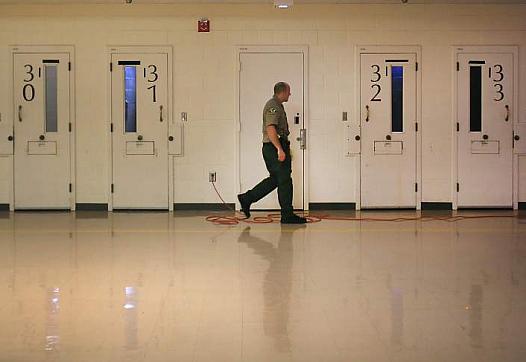
The largest psychiatric facility in Sonoma County is not a hospital. It’s the jail.

The largest psychiatric facility in Sonoma County is not a hospital. It’s the jail.
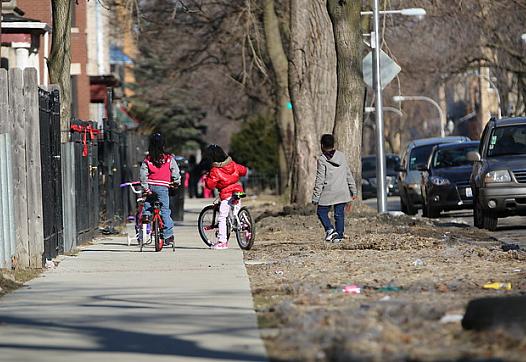
How often do young people in neighborhoods in which gang and drug violence are a daily occurrence receive help and services before they get sent to the alternative school, arrested, or worse?
After decades of advocacy, the First Step Act, signed into law in December 2018, would immediately allow many who were set to die in prison a second chance.

San Francisco Unified Superintendent takes our reporter on a tour of his hometown — to explain why he’s so passionate about boosting the academic success of black students here.
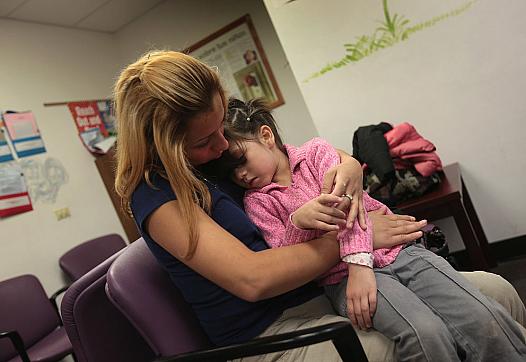
The U.S. Department of Homeland Security is on the verge of finalizing a new rule that could make it far harder for immigrants already in the United States to obtain green cards or work visas if the government deems them likely to use public benefits such as Medicaid, food stamps or housing assistan

An apparent link between risky behavior and bias-related bullying tends to be stronger in California’s more segregated counties.
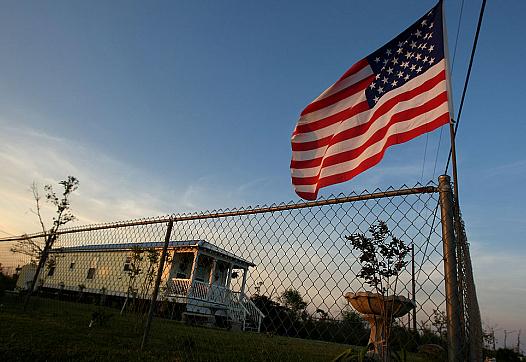
After Hurricane Katrina, Mississippi's coastal economy never fully recovered — and neither have its people.

Climate change is fueling increasingly extreme weather events, and someone needs to defend communities against them and clean up after them. In California, that person is often a low-wage immigrant worker.
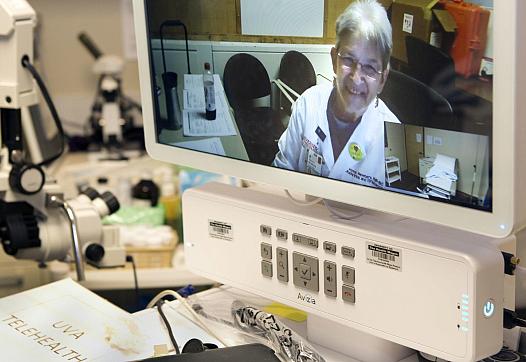
Last year, the University of Virginia marked its 1,000th telestroke consultation in its first three years. Thirty-five to 40 patients a month in rural hospitals benefit from specialty care that they wouldn’t otherwise have had.

Two children are born in Tallahassee: one lives in the ZIP code 32304, the other in 32312. They only live 24 miles apart, yet their experiences growing up are as if they were born in separate countries.